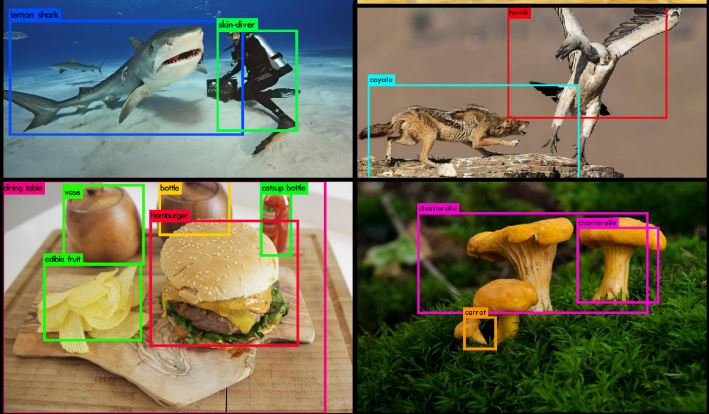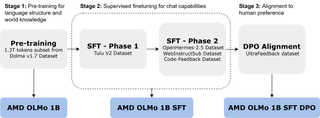
Three authors, Abdi Nazemian, Brian Keene, and Stewart O’Nan, are a part of a brand new copyright infringement lawsuit towards Nvidia, the most recent such swimsuit to problem generative AI suppliers’ reliance on the “truthful use” doctrine to accumulate copyrighted materials to coach their giant language fashions.
The swimsuit, filed late final week, is much like different fits towards generative AI creators, in that it alleges that they used copyrighted materials — on this case, works of fiction by the named authors — as coaching knowledge for an LLM. On this case, the LLM is Nvidia’s NeMo Megatron sequence, which, based on the grievance, makes use of a number of knowledge units recognized to include the authors’ copyrighted materials and used with out permission.
Particularly, the “Books3” dataset appears to be on the coronary heart of the matter. This includes 108GB of knowledge and is a replica of the Bibliotik personal tracker — one in every of a number of “shadow library” websites which have a long-standing place within the LLM improvement world, since they “host and distribute huge portions of unlicensed copyrighted materials,” based on the grievance. The authors ask for financial damages and “destruction … of all copies [Nvidia] made or utilized in violation of the unique rights of the Plaintiffs.”
The authors are represented by the Joseph Saveri Regulation Agency, which is already representing different teams of artistic professionals of their fits towards main AI suppliers. Comic and author Sarah Silverman is a part of one such swimsuit, filed in July 2023, towards OpenAI and Meta, whereas one other class motion names authors Mona Awad and Paul Tremblay as lead plaintiffs. Like the opposite fits, the case was filed in federal district court docket within the Northern District of California. (Copyright instances, that are ruled completely by federal regulation, are at all times heard by federal courts.)
All of those fits hinge on the idea of “truthful use,” which is a set of exceptions to US copyright regulation that enable, in some instances, for the replica or different use of copyrighted works with out permission. The authorized take a look at for whether or not a specific exercise qualifies as truthful use, based on the Stanford Copyright and Honest Use Middle, asks judges to have a look at 4 components, that are the aim and character of the use, the character of the copyrighted work, the quantity and “substantiality” of the portion of the work used, and use’s results on the copyright holder’s marketplace for the work.
Defendant AI creators like Nvidia are prone to argue that their use of the copyrighted works is transformative and far totally different than the unique creators’ use can be, and that using the books for AI coaching is unlikely have a lot of an influence available on the market for potential readers. Plaintiffs, then again, are prone to level to the ingestion of a number of works in full and the business nature of Nvidia’s use of the books as arguments towards truthful use.
Nvidia didn’t instantly reply to a request for remark.




